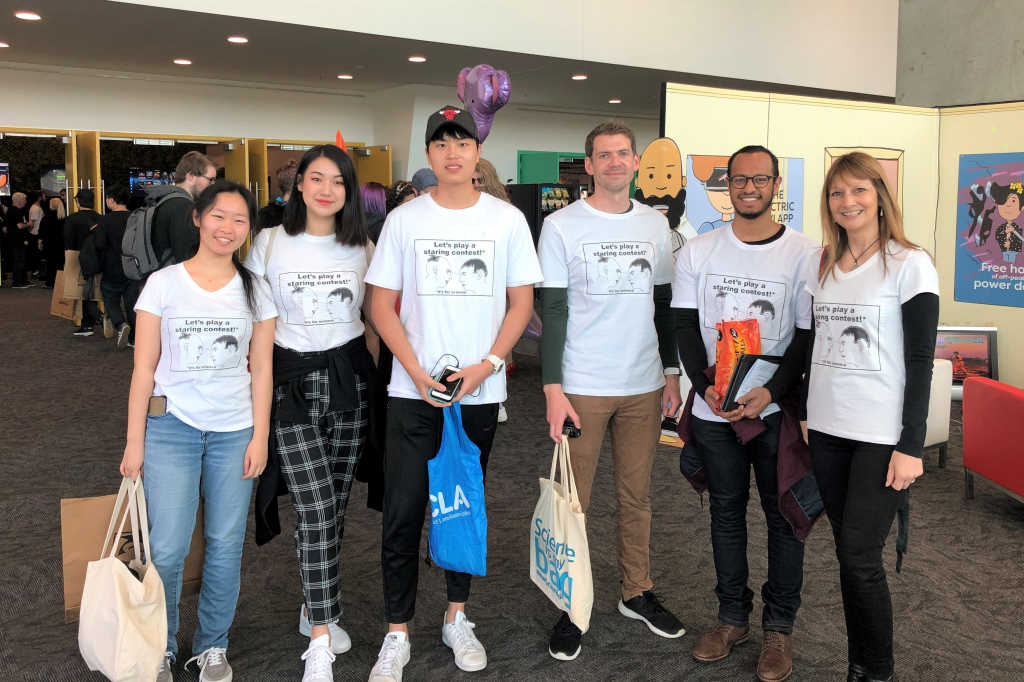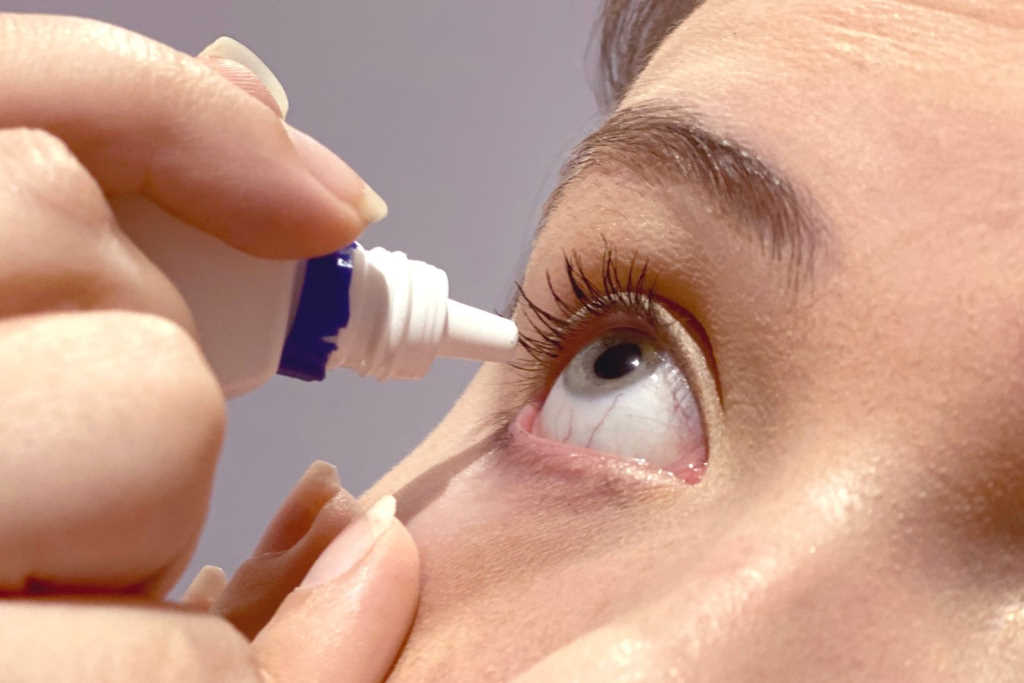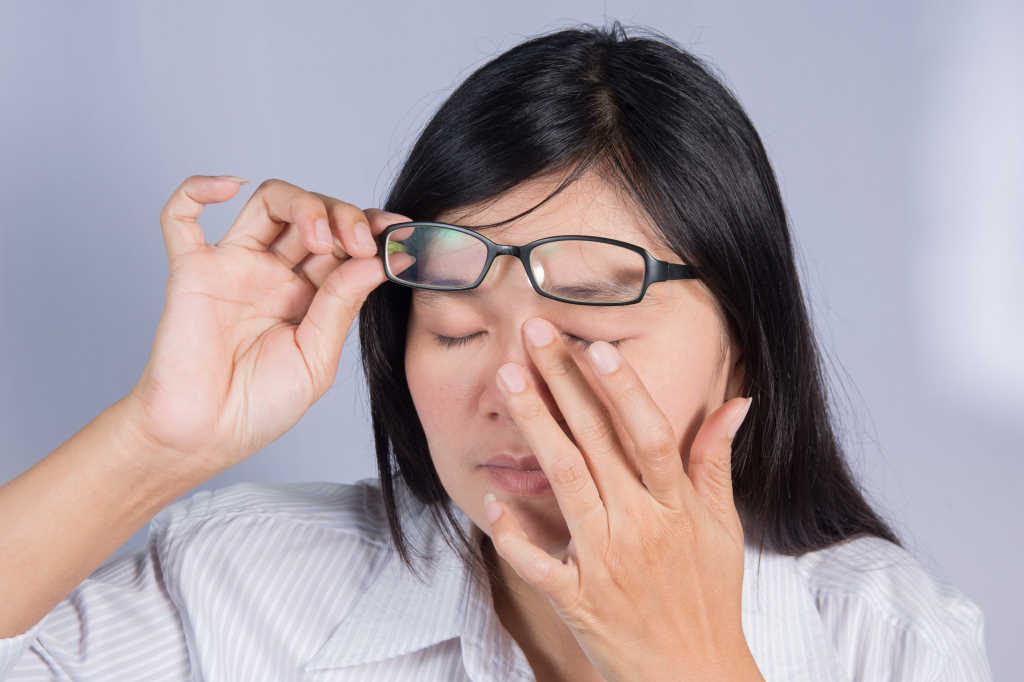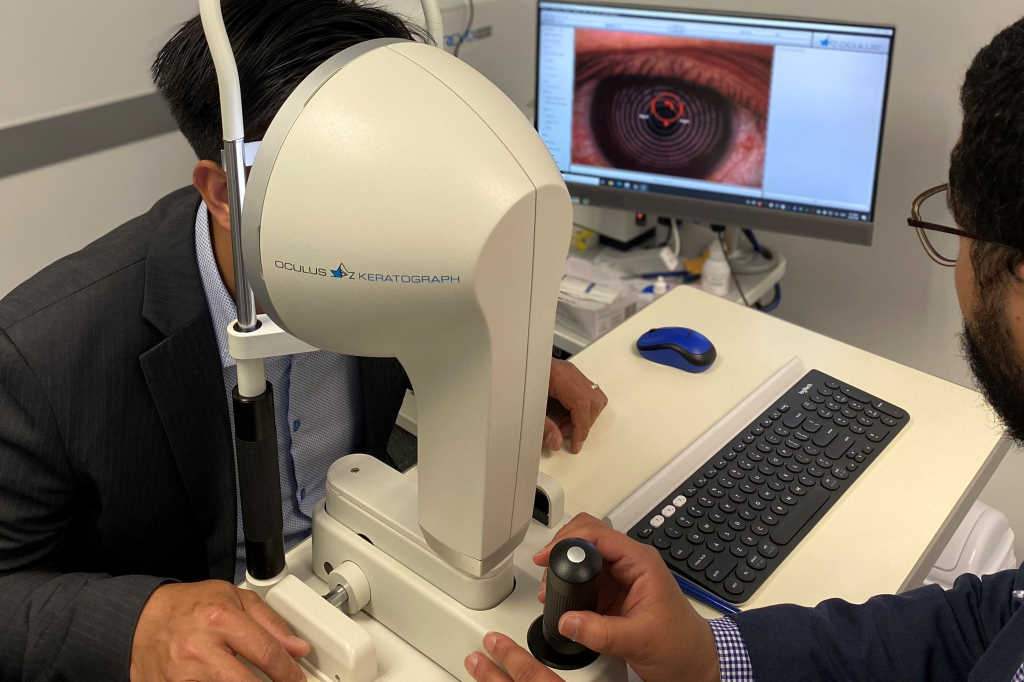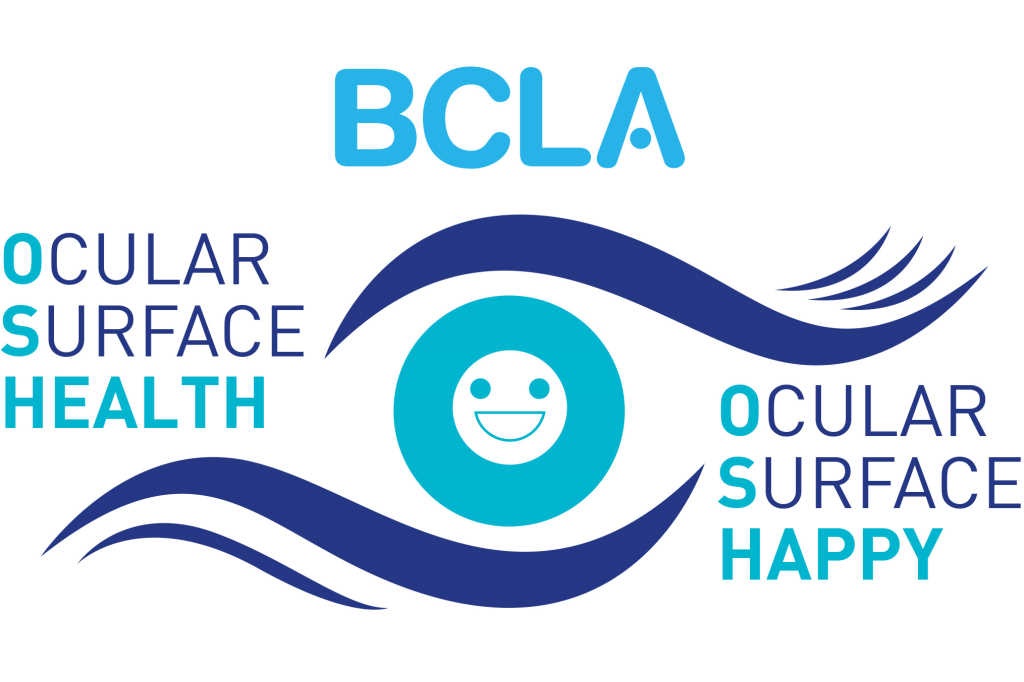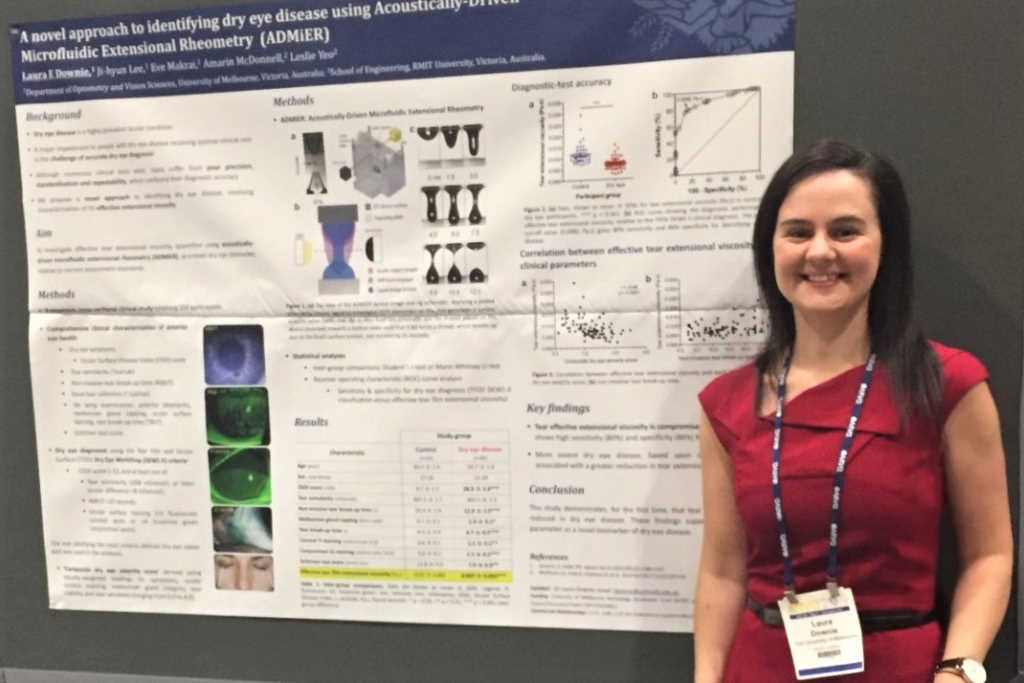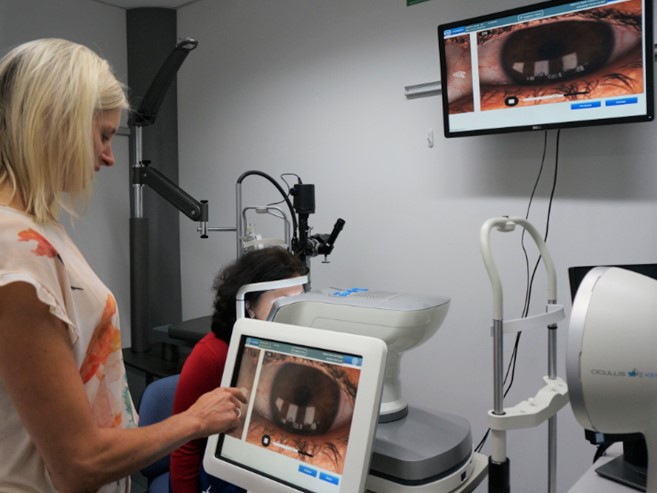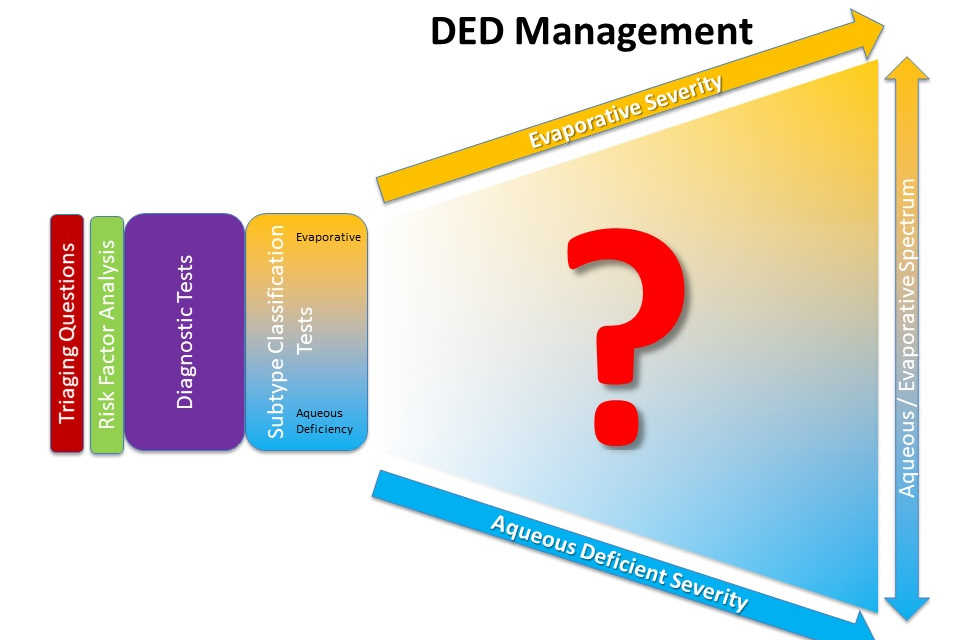AI for DED: “Let’s play a staring contest!”
In 2019, young gamers seemed like a good proxy to study the association between extended screen time, blinking and dry eye. Armageddon, New Zealand’s largest gaming convention, provided an ideal opportunity for this. With the generous support of the organisers, optometry students donned eye-catching T-shirts and, armed with iPads, joined the Ocular Surface Laboratory (OSL) team at Armageddon 2019 in Auckland.
Attendees were invited to complete surveys on screen use habits and ocular discomfort, while customised software, developed by collaborators at Aston University in Birmingham, England, tracked the user’s blinking in the background. Finally, participants completed a virtual ‘staring contest’ against the iPad – a previously validated proxy measurement for tear film stability¹.
Well before the worldwide lockdown recalibrated our concept of ‘extended screen time’, the reported average daily screen time of 6.7 ± 3.6 hours seemed high. While these numbers may seem meek now, the association between screen time, blinking behaviour and dry eye disease has started to become clearer and appears particularly concerning for young patients.
Nearly 500 respondents aged 13 to 75 provided Dry Eye Questionnaire 5 (DEQ-5) and Symptom Assessment in Dry Eye (SANDE) scores. Based on symptom scores alone, more than 90% of respondents qualified as symptomatic of dry eye disease, while one in three cases also demonstrated reduced tear film stability. Longer daily screen and gaming time were correlated with suboptimal blinking and poorer ocular symptomology, akin to dry eye disease patients.
In New Zealand, irrespective of lockdown status, the increase in screen time is not a curve that is expected to flatten anytime soon. With evidence around the health effects of screen use mounting, policymakers are becoming increasingly attuned to the need for effective policies around safe screen use in youth. This perhaps signifies an opportunity for eye care practitioners to get ahead of the game by integrating ocular surface screening and educational advice around screen use in routine clinical eye practice.
References
- Wolffsohn JS, Craig JP, Vidal-Rohr M, et al. Blink Test enhances ability to screen for dry eye disease. Contact Lens Anterior Eye 2018; 41: 421–425.
Dr Alex Müntz is a post-doctoral research fellow in the OSL, while Dr Philip Turnbull is a senior lecturer in the School of Optometry and Vision Science at the University of Auckland.










